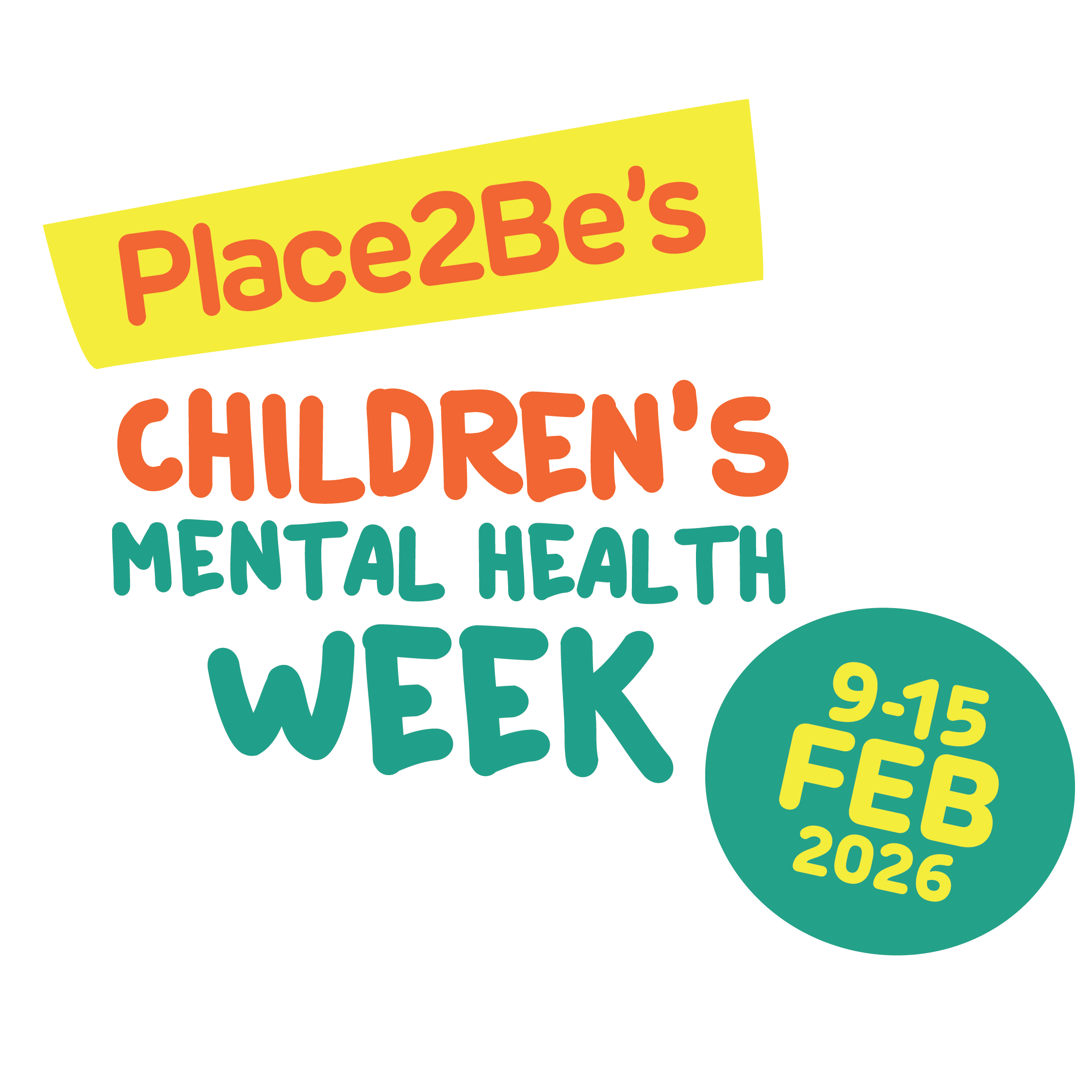Schools can’t be left to support childrens mental health alone

Policy and Public Affairs Manager – Sally joined Place2Be in November 2020, and leads on using Place2Be’s evidence and experience to inform public policy across the UK. She has previously held policy roles at the National Deaf Children’s Society and Women’s Aid Federation of England.

Senior Policy Advisor at NAHT - Sarah is senior policy lead for curriculum, assessment, performance data, pupil support and safeguarding at school leaders’ union NAHT. Previously she was a Deputy Head Teacher and Head of Religious Education.
In an article originally written for Tes, Place2Be and NAHT’s policy specialists explore the vital role that schools play in helping children’s mental health and call for a properly funded network of support services.

Data from NHS Digital suggests that one in six children and young people has a probable mental health condition.
We know that many more children and young people also struggle with lower-level issues with their wellbeing and mental health, but this is not yet consistently measured across the country.
We also know that half of mental health issues in adults first develop by the age of 14. So as a society, we need to focus on providing support at an early stage before issues become more serious.
Mental health: the importance of schools
Schools are at the heart of our communities and can provide the ideal setting for early intervention services.
This is why Place2Be has been working in partnership with schools for almost 30 years to deliver embedded mental health support.
A key role for schools is promoting and protecting good mental health and emotional wellbeing among pupils of all ages.
- Mental health: DfE to roll out school mental health lead hub
- Wellbeing: Mental health ‘should be part of schools’ catch-up’
- Advice: Five ways schools can help boys’ mental health
Learning about, and supporting, good mental health and wellbeing goes beyond teaching in relationships and sex education (RSE) or personal, social, health and economic education(PSHE) - it should be woven through other subjects and reflected in a whole-school approach that connects all aspects of school life and culture around mental health and wellbeing.
To strengthen the evidence base for the effectiveness of this approach, Place2Be has started a £3 million research project to evaluate the whole-school effect by embedding Place2Be in 20 primary schools in Salford, Greater Manchester.
School leaders consistently raise pupil mental health and wellbeing as one of their top priorities.
And they are truly on the front line when it comes to identifying and supporting children’s and young people’s mental health needs.
Action is needed - now
But the funding available to schools for accessible and timely professional support is insufficient.
There is now a real urgency for additional resources for schools to support the mental health and wellbeing of pupils.
Schools need a network of support from health, social care, the voluntary sector and community partners to meet the growing needs of children and young people.
Teachers and school leaders are not, and should not be seen as, mental health specialists. So it’s crucial that when school staff identify a mental health need with a pupil, they can get them any specialist help that is required.
What is vital is that all these wider services have sufficient capacity and can work together to provide the range of support that children and young people might need, whether that is informal support for short-term issues, early help, targeted mental health support, specialist support or crisis intervention.
Mental health teams: a vital service
In England, the mental health support teams (MHSTs) are a welcome addition to the mental health landscape for children and young people, and they have the potential to build on the crucial link between education and health.
The current government target is for 35% of England to be covered by MHSTs.
It is becoming clear that all schools need access to a MHST, so the rollout needs to be expanded further and with more urgency. MHSTs are not the whole solution but can improve the local provision when joined up with existing services, including school-based counselling services.
School-based mental health services are a valued part of the system, but the sustainable funding and commissioning of them is a critical issue.
Many schools provide mental health support and counselling services using their own budgets, but funds are under increasing pressure.
Schools will always try to protect pupils from any budget cuts and mitigate the impact of cuts, but they arealready having to cut back to try and balance their finances.
Society must do better
To maintain school-based services as part of that network of services for the future, we need to explore commissioning and funding embedded mental health support for all schools.
It’s not one-size-fits-all. Not every young person will want to access support within school, so a funded network of early support hubs in the local community is also something to aim for.
Children’s mental health and wellbeing is a cross-government issue necessitating a coordinated and long-term plan. There is currently no long-term policy, and we await the outcome of the government’s call for evidence to inform a new 10-year plan for mental health.
As a society, we are not being ambitious enough in our plans to support the mental health and wellbeing of our children and young people.
They deserve a long-term commitment to a cross-government strategy from all political parties to turn the tide on the numbers of children and young people struggling with their mental health.



